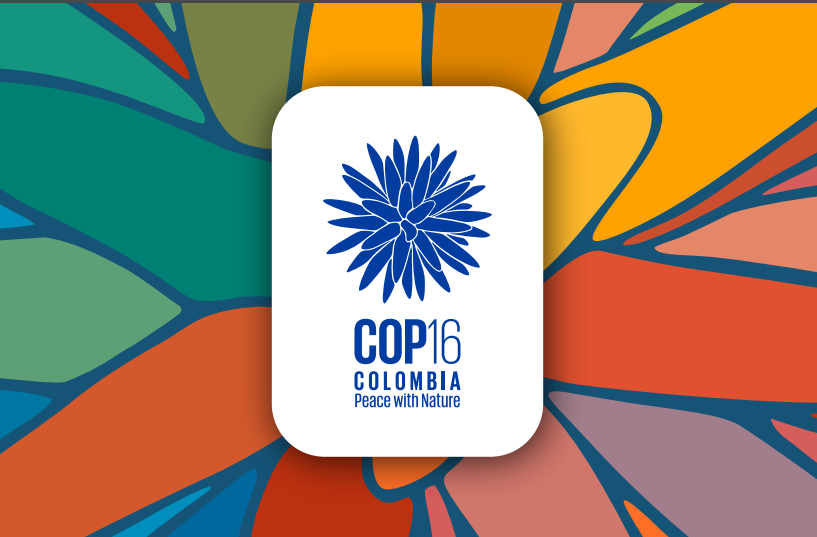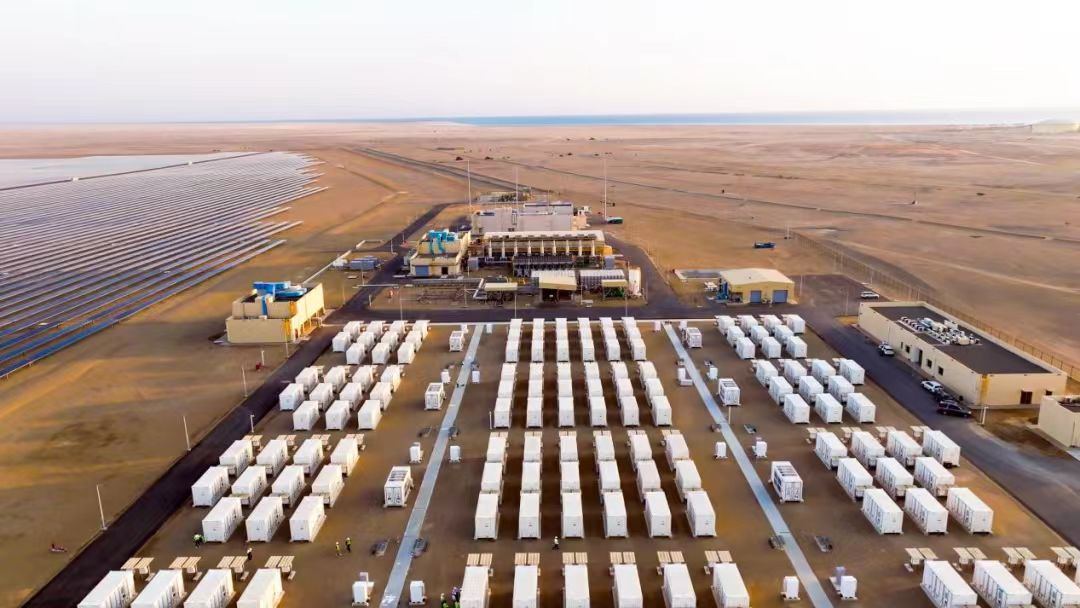
Indigenous-Led Conservation Finance Model Unveiled Ahead of CBD COP16
Berita Baru, Colombia – In time for the United Nations Convention on Biological Diversity (CBD COP16), the Indigenous grassroots organization Associação Sociocultural Yawanawá (ASCY), in partnership with Wildlife Works and Forest Trends, has introduced a pioneering methodology for Indigenous-centered conservation finance. This methodology, called Biodiversity Stewardship Units (BDSUs), is designed to help meet global climate and conservation goals.
Reporting from a Wildlife Works press release on Wednesday (16/10/2024), the BDSU methodology is a collaborative effort developed to respect Indigenous knowledge, spiritual and cultural values, and practices such as language and traditional events, which are essential for maintaining biodiversity. BDSUs aim to provide direct funding to Indigenous Peoples and Forest Communities that have successfully preserved rich biodiversity in the face of constant threats.
The main objective is to value intact ecosystems within Indigenous lands without requiring additional actions or biodiversity gains over time. These units are not meant to serve as offsets but as a benchmark of ecological integrity.
In light of the global biodiversity crisis, with over one million species at risk of extinction (UN 2019), BDSUs offer a measurable tool for corporations to invest in biodiversity and support the goals of the Kunming-Montreal Global Biodiversity Framework. Chief Tashka Yawanawa of ASCY shared the significance of the project:
“As trusted partners, we co-created with Wildlife Works and Forest Trends over two years to build the BDSU Methodology. We firmly believe that BDSUs offer the most effective financing mechanism to bring the recognition, respect, and sustainable finance Indigenous Peoples need to continue conserving their forests under growing threats.”
ASCY, as the intellectual property rights holder, played a vital role in the methodology’s design, from concept to testing, ensuring it respects cultural values and balances scientific rigor with practicality. The methodology allows Indigenous communities to generate sustainable income by maintaining biodiversity, verified through continuous scientific monitoring.
The BDSU methodology is currently undergoing peer review, with its first pilot project set to launch in the Yawanawá territory in Rio Gregório, Brazil, positively impacting over 1,700 community members across 188,000 hectares of forest. After the pilot, the methodology will be applied to other biodiversity-rich ecosystems across the Amazon and beyond.
BDSUs offer a critical opportunity for governments, businesses, and civil society to meet the Kunming-Montreal Global Biodiversity Framework targets, including protecting 30% of terrestrial land by 2030 and promoting the sustainable use of biodiversity by Indigenous Peoples.
For further information and to read more about the BDSU methodology, join us at COP16 or visit [Wildlife Works COP16 event].
About Associação Sociocultural Yawanawá (ASCY):
ASCY works to protect Yawanawa territory, strengthen the cultural and spiritual practices of the Yawanawa people, and develop sustainable economic alternatives.
About Wildlife Works:
Founded in 1997, Wildlife Works develops market-based solutions for wildlife conservation and community development.
About Forest Trends:
Established in 1998, Forest Trends promotes sustainable forest management through financial solutions and collaborations with Indigenous communities.







